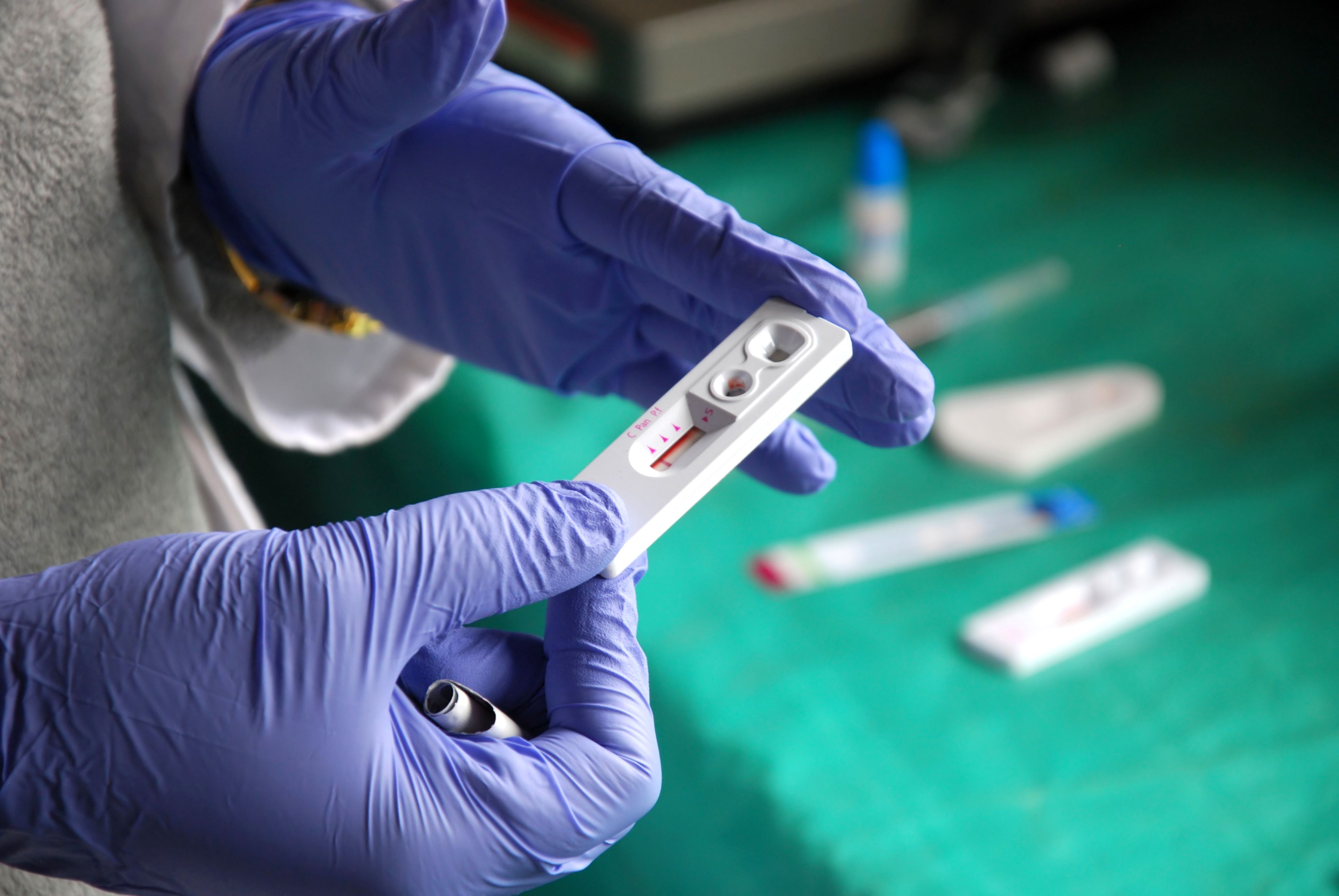Article
FDA Panel Votes Unanimously to Recommend Moderna COVID-19 Vaccine in Ages 6 Through 17 Years
Author(s):
Data from the phase 2/3 TeenCOVE trial in adolescents met the primary immunogenicity endpoint.
The FDA Vaccines and Related Biological Products Advisory Committee (VRBPAC) has recommended amending the emergency use authorization (EUA) granted to the Moderna COVID-19 vaccine, mRNA-1273 (Spikevax), to include administration of the vaccine for children and adolescents 6 through 17 years of age, noting the benefits outweigh the risks.
VRBPAC split the vote for younger children and adolescents because of the different dosages in the vaccines. For children aged 6-11 years, VRBPAC used 50 mcg for each dose, and for individuals 12-17 years of age, VRBPAC used 100 mcg for each dose. For both age groups, the vote was 22-0 in favor of amending the EUA.
Earlier this year, Moderna received full FDA approval for the vaccine in individuals 18 years of age and older. The approval was based on evidence that included follow-up data from the phase 3 COVE study, which showed high efficacy and a favorable safety profile approximately 6 months after the second dose. Research has also found that 2 doses of the vaccine were highly effective against all SARS-CoV-2 variants. In the final analysis of the phase 3 COVE study data, the vaccine showed 93% efficacy, which remained durable through 6 months after administration of the second dose.
Data from the phase 2/3 TeenCOVE trial in adolescents met the primary immunogenicity endpoint. TeenCOVE, which included more than 3700 adolescents in the United States, found that for fully vaccinated participants, there were no cases of COVID-19 versus 4 cases in the placebo group.
Vaccine efficacy in approximately 2500 adolescents administered the mRNA-1273 vaccine was 100% when using the same case definition used in the COVE study in adults. Further, vaccine efficacy was 93% in seronegative participants starting 14 days after the first dose using the secondary CDC case definition of COVID-19.
There have been no significant safety concerns identified to date. Reported adverse reactions included pain at the injection site, fatigue, headache, myalgia, arthralgia, chills, nausea or vomiting, axillary swelling or tenderness, fever, swelling at the injection site, and erythema at the injection site.
During the VRBPAC meeting, representatives from Moderna presented data from Study 203 in individuals 12-17 years of age and Study 204 in individuals 6-11 years of age.
For Study 203, 2486 participants were administered at least 1 dose of the vaccine to compare with 1240 participants in the placebo group. The data showed a 93.3%-100% vaccine efficacy rate against COVID-19 infection.
In Study 204, investigators divided the analysis into 2 parts, with a dose-ranging arm of 50 mcg and 100 mcg followed by a blinded, randomized arm using 50 mcg. The results showed 88%-92% vaccine efficacy against COVID-19 infection.
In terms of myocarditis risks, the presentation noted that some evidence indicates mRNA-1273 may carry a greater risk of myocarditis than the Pfizer-BioNTech vaccine, however the findings were not consistent in all US monitoring systems, according to the CDC. The agency verified 635 cases of myocarditis in those 5-17 years of age after 54.8 million Pfizer-BioNTech doses administered in this age group in the United States. The data showed the greatest risk for the condition is in the 16-17 years of age and 12-15 years of age groups, according to the presentation, with the highest number of cases occurring after the second dose and more so in males than females.
Following the VRBPAC recommendation, both the FDA and CDC need to weigh in on the vote.
VRBPAC will also discuss amending the EUA for mRNA-1273 to include administration of the primary series to infants and children 6 months through 5 years of age, as well as amending the EUA for the Pfizer-BioNTech COVID-19 mRNA vaccine to include the administration of the primary series to infants and children 6 months through 4 years of age.
Reference
Vaccines and Related Biological Products Advisory Committee Meeting. FDA. Meeting notes. June 14, 2022. https://www.fda.gov/media/159189/download
Newsletter
Stay informed on drug updates, treatment guidelines, and pharmacy practice trends—subscribe to Pharmacy Times for weekly clinical insights.






